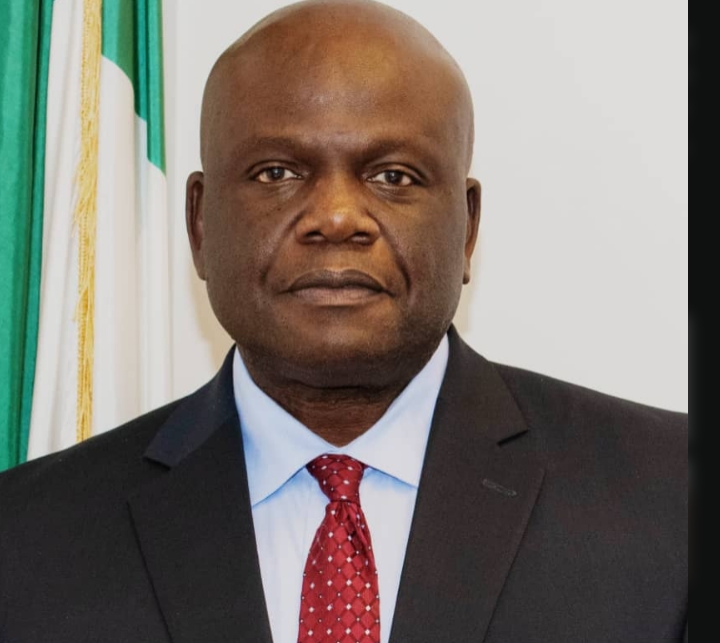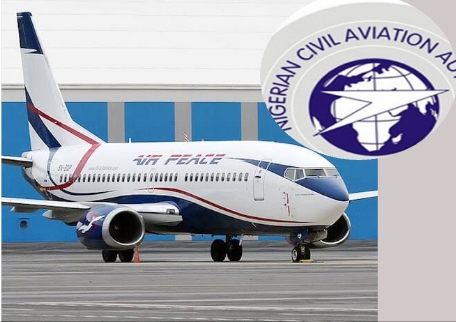domestic airlines. The policy aims to prevent financial instability among carriers, as smaller airlines often struggle with limited fleets that can easily lead to operational disruptions.
NCAA Director General Captain Musa Nuhu emphasized that the decision stems from a need to address the chronic lack of capacity within the industry.
He noted that many airlines operating with only two or three aircraft are at a high risk of failure, especially during financial downturns.

By mandating a larger fleet, the NCAA hopes to create a more robust aviation sector that can withstand challenges and provide better service to passengers.
However, this policy has sparked concerns among smaller airlines, which may find it difficult to comply without additional support.
Industry experts, including Roland Iyayi, President of Topbrass Aviation Limited, have voiced skepticism about the feasibility of the new requirements.
They argue that simply increasing the number of aircraft does not address the underlying issues that plague the aviation sector, such as inadequate infrastructure and unfavorable government policies.
Critics fear that without addressing these root causes, the new policy could lead to the downfall of several airlines, further complicating the already challenging operational environment in Nigeria’s aviation industry.
As the deadline approaches, airlines must strategize to meet these new regulations while navigating a complex landscape fraught with challenges.

